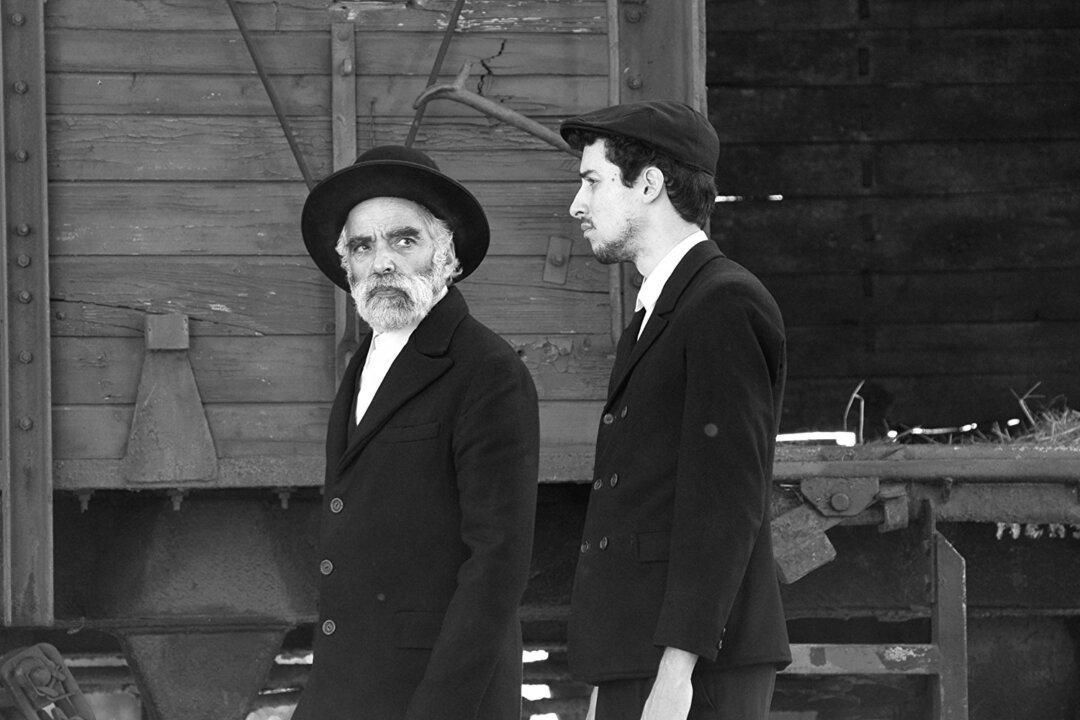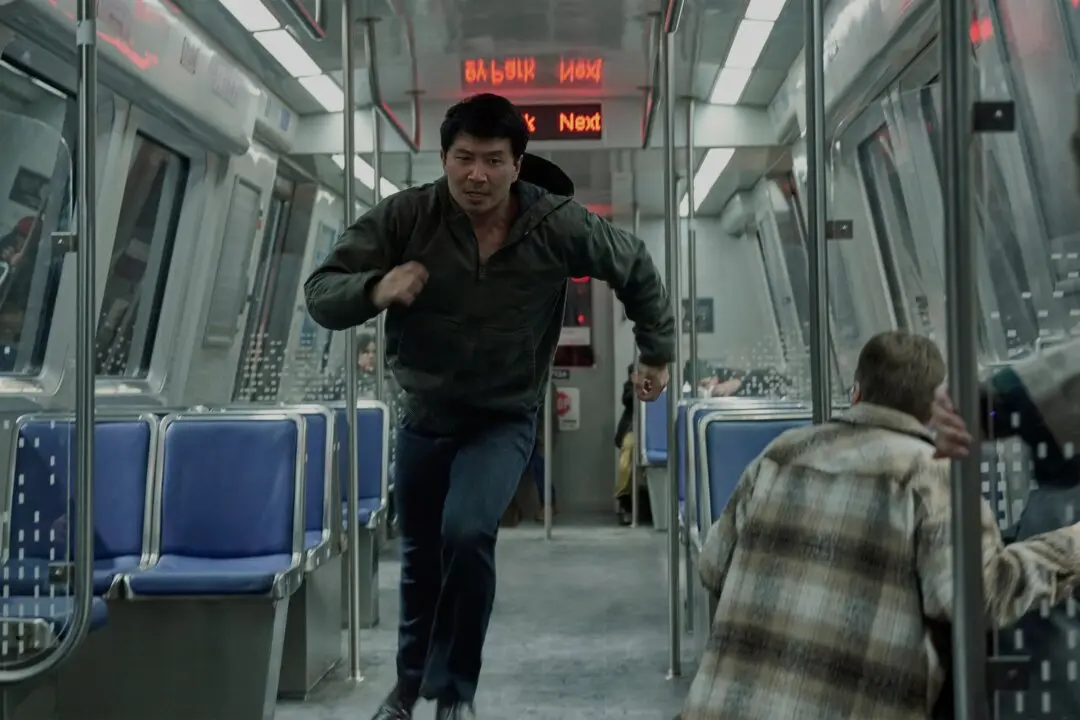After seven decades, Hungary is finally starting to come to terms with its WWII-era history through cinema. It certainly didn’t happen during the Communist regime. Granted, there was an occasional film here and there, but the reckoning started in earnest during the 2000s. For their efforts, Hungarian filmmakers garnered an Academy Award for “Son of Saul” and a nomination for “The Notebook.” Unlike those films, the atrocities have finally ceased when this Magyar exploration of national culpability begins. Only guilt remains in Ferenc Torok’s “1945,” which opens Nov. 1 in New York.
In a provincial village like this, everyone knows everybody’s business. That also means they know who denounced who during the war—and who profited by it. When the elderly Hermann Samuel and his grown son arrive with two coffin shaped boxes, nearly every villager assumes they are heirs or agents of the town’s deported (and presumed dead) Jewish citizens. Naturally, their property was subsequently divided up by their former neighbors, particularly Istvan Szentes the town clerk and “Bandi” Kustar the town drunk.





